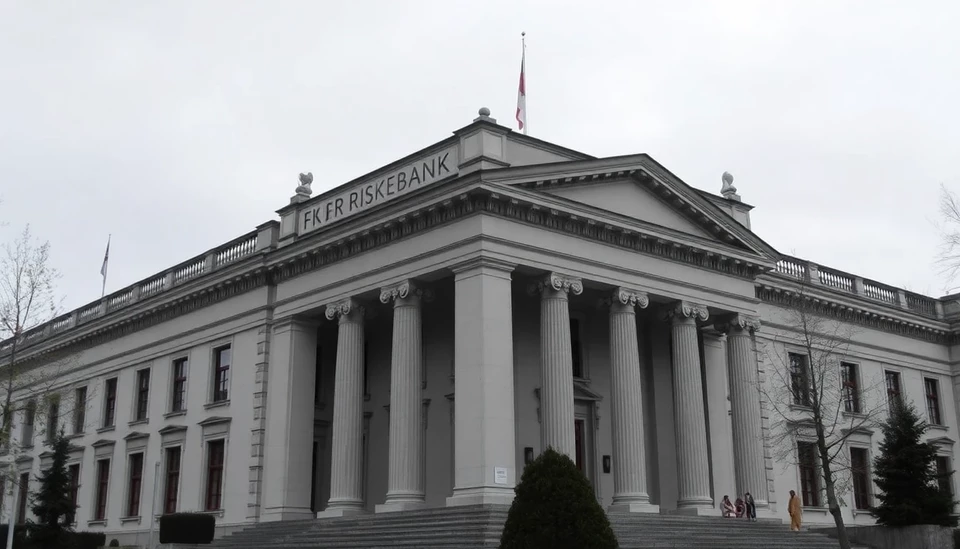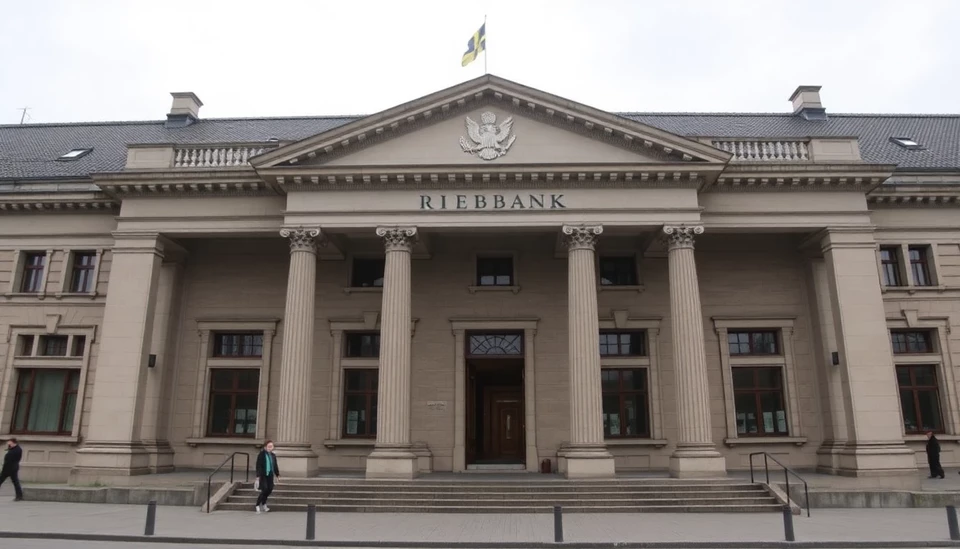
In a significant development for Sweden's economy, the Riksbank, Sweden's central bank, has announced a reduction in interest rates, marking a pivotal shift in its monetary policy. The decision, taken during a recent meeting, reflects the bank's evolving approach to controlling inflation while fostering economic growth. This adjustment has implications not just for Sweden, but also offers insights into global economic trends.
The Riksbank cut the interest rate by 25 basis points, bringing it down to a modest level as part of its ongoing strategy to manage inflation rates that have remained stubbornly high. This move diverges from its previously aggressive stance, signaling a potential end to the cycle of rate cuts that have characterized recent months. As the central bank navigates these turbulent economic waters, the decision suggests a careful balancing act between stimulating the economy and keeping inflation in check.
In the accompanying statement, the Riksbank outlined its rationale for the rate cut. Officials noted that the Swedish economy continues to encounter challenges, including global economic uncertainty and domestic pressures that could stifle growth. By lowering interest rates, the bank aims to support consumer spending and investment while also recognizing that inflationary pressures might have peaked. Analysts interpret this as a signal that the central bank is aware of the delicate dance required to maintain stability in the economy.
This strategic pivot comes amidst a global backdrop where central banks are reassessing their approaches to interest rates. Many other countries have faced similar challenges, balancing the need for robust economic growth against the backdrop of rising inflation. The Riksbank's decision could serve as a bellwether for how other countries may recalibrate their monetary policies in the coming months.
Experts highlight that while the rate cut could provide an immediate boost to borrowing and spending, the Riksbank remains vigilant about future inflationary trends. The bank has stated that it will continue to monitor economic indicators closely, suggesting that while the current easing cycle may be wrapping up, future actions will depend on prevailing economic conditions. This indicates a shift toward a more data-driven strategy in navigating the economic landscape.
Market reactions to the Riksbank's announcement have been mixed, with some investors welcoming the lower rates as a positive sign for economic activity, while others express concerns about the long-term implications of sustained low rates. The financial markets exhibited volatility, reflecting varying perceptions about the effectiveness of monetary policy in addressing pending economic challenges.
As the Riksbank embarks on this new chapter in its monetary policy, the spotlight will be on its future decisions and how they will impact Sweden's economy amidst ongoing global uncertainties. The delicate balance of stimulating growth while curbing inflation will undoubtedly demand keen oversight and responsive measures from the central bank in the months ahead.
In conclusion, the Riksbank's interest rate cut is a significant step in the ongoing dialogue between monetary policy and economic stability. As developments unfold, stakeholders in Sweden and beyond will be watching closely to see how these changes play out in real-time economic performance.
#Riksbank #Interest #Rate #Cut #Sweden #Central #Bank #Monetary #Policy #Economic #Growth #Inflation
Author: Laura Mitchell




